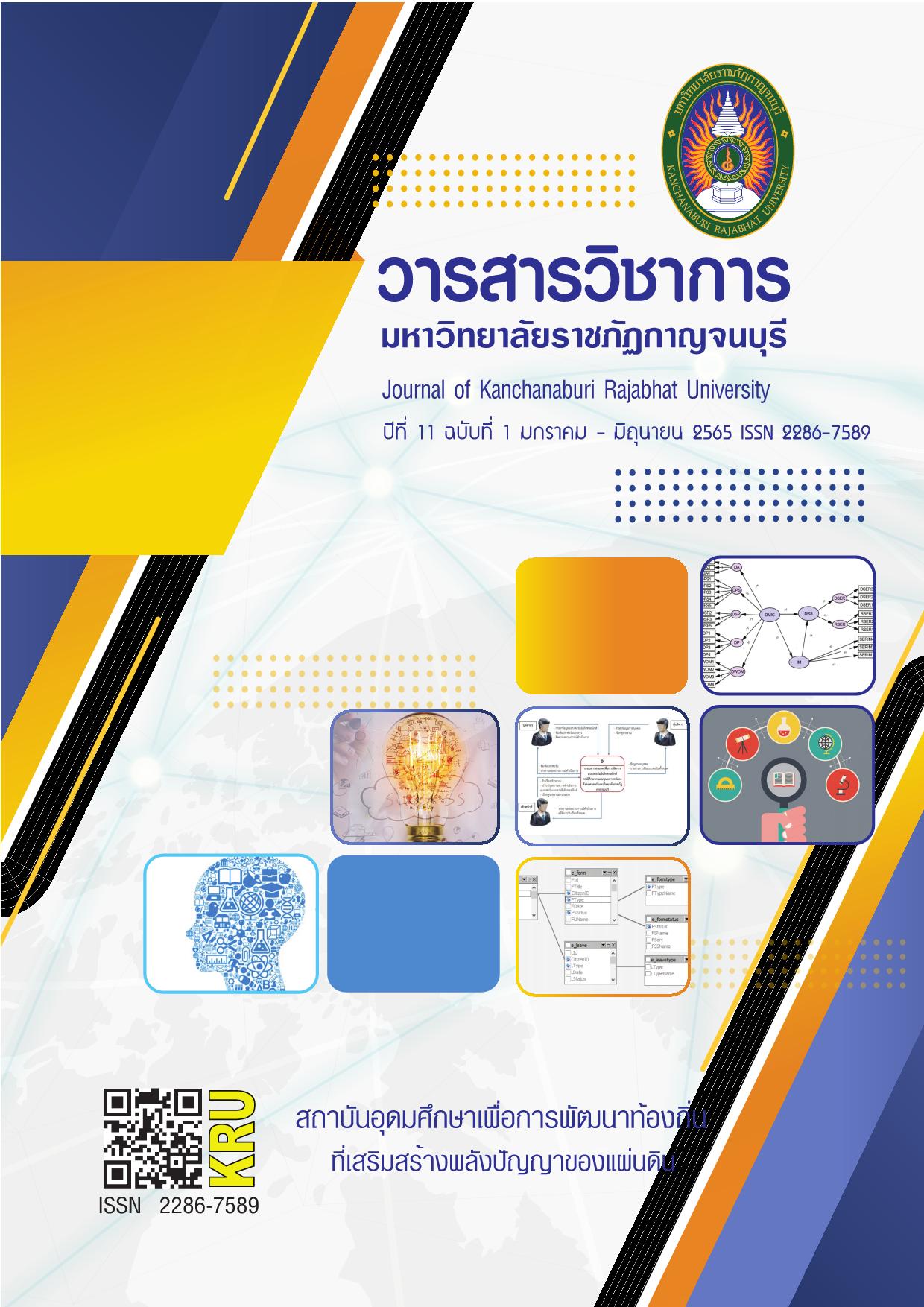การจัดการห่วงโซ่อุปทานอ้อยเพื่อเพิ่มขีดความสามารถทางด้านการแข่งขัน ในอำเภอด่านช้าง จังหวัดสุพรรณบุรี SUPPLY CHAIN MANAGEMENT OF SUGAR CANE TO ENHANCE COMPETITIVE ADVANTAGE IN DAN CHANG DISTRICT SUPHANBURI PROVINCE
Main Article Content
Abstract
This study aims to 1) study the context and general conditions of the sugar cane supply chain in Dan Chang district, Suphanburi province; 2) study sugar cane supply chain management approaches in Dan Chang district, Suphanburi province to support the competitive advantages of the farmers in Dan Chang district, Suphanburi province; and 3) analyze the activities of the sugar cane supply chain to add value to the farmers in Dan Chang district, Suphanburi province. The study employs the primary and secondary data from related documents, journals, observations, questionnaires and interviews. The data analysis uses descriptive analysis and content analysis. The results show that sugar cane supply chain activities have a process of adding value to the farmers in Dan Chang district, Suphanburi province, all through the production line. This includes activities such as planning, finding raw materials, production, inventory management, delivery and moving of raw materials and goods. It is an integrated management of the whole process from upstream to midstream to downstream management for maximum returns. This is both directly and indirectly connected to the competitiveness and performance of the organization. Moreover, sugar cane supply chain activities add value to the farmers in Dan Chang district, Suphanburi province. The activities emphasize good business relationships leading to good business alliance based on trust, communication, value creation, exchange of benefits that lead to the increase of both the quantity and the quality of sugar cane.
Article Details

This work is licensed under a Creative Commons Attribution-NonCommercial-NoDerivatives 4.0 International License.
References
วิทยานิพนธ์วิทยาศาสตรมหาบัณฑิต สาขาการบริหารการตลาด คณะพาณิชยศาสตร์และการบัญชี.
มหาวิทยาลัยธรรมศาสตร์.
ชัยณรงค์ ไผ่รุ่ง. (2552). ผลกระทบของการจัดการความร่วมมือและคุณภาพสารสนเทศที่มีต่อประสิทธิผล
ห่วงโซ่อุปทานของอุตสาหกรรมอาหารในประเทศไทย. วิทยานิพนธ์บริหารธุรกิจมหาบัณฑิต สาขาวิชา
การจัดการเชิงกลยุทธ์ มหาวิทยาลัยมหาสารคาม.
Langley, A., Smallman, C., T., Soukas, H. & Van de Ven, A. (2009). Call for papers: Special Research
Forum on Process Studies of Change in Organization and Man-agement.
Academy of Management Journal, 52 (6), 29–63
La Londe, B.J. & Masters, J.M. (1994). Emerging Logistics Strategies: Blueprints for the Next Century.
International Journal of Physical Distribution & Logistics Management, 24 (7), 35-47.
https://doi.org/10.1108/09600039410070975.
Lee, C.W., Kwon, I.G. & Severance, D. (2007). Relationship between supply chain performance and
degree of linkage among supplier, internal integration, and customer. Supply Chain
Management: An International Journal, 12(6), 444-452.
Narasimhan, R. & Kim, S.W. (2002). Effect of supply chain integration on the relationship between
diversification and performance: evidence from Japanese and Korean firms.
Journal of Operations Management, 20, 303–323.
Photis M. Panayides & So.Meko. (2005). Logistics Service Provider-client Relationships.
Dissertation Abstracts International, E41, 179-200.
Watt, C.A. & Hahn. (2006). Supplier Development Programs: An Empirical Analysis. Journal of
Supply Chain Management, 29(2), 10-17.


